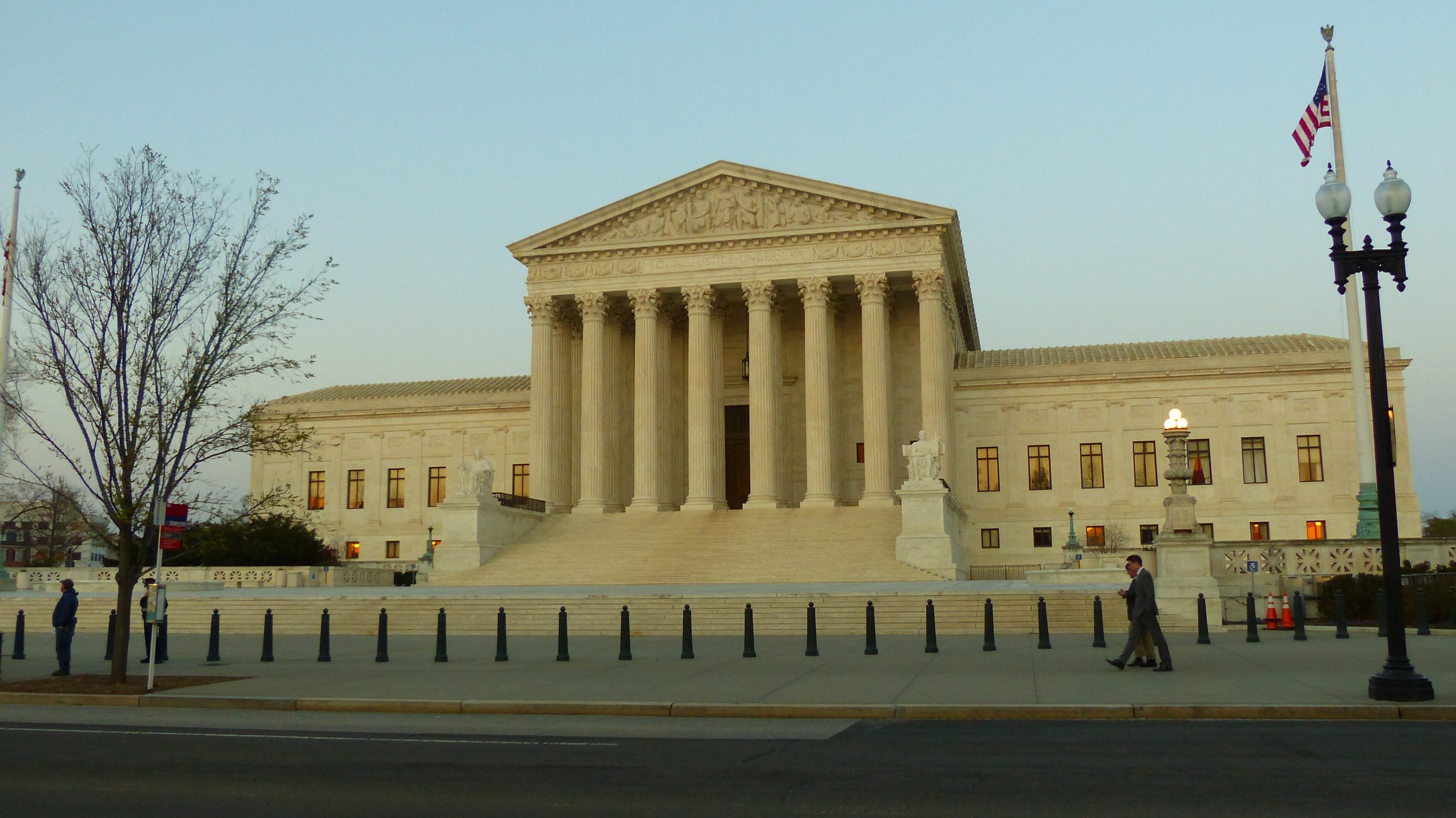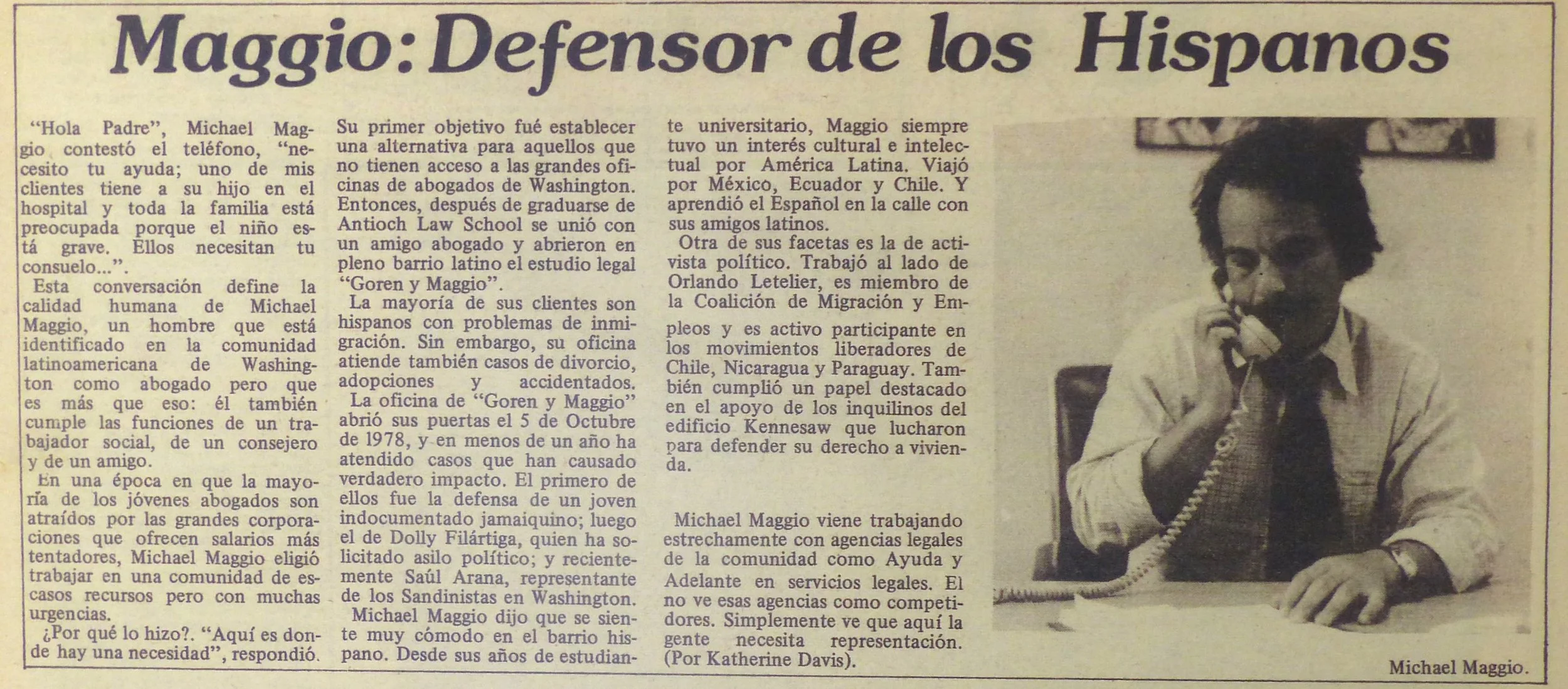
OUR INITIATIVES
Trauma-informed Access to Justice
A Living Lab
According to The Justice Gap 2022 report by Legal Services Corporation, “Low-income Americans do not get any or enough legal help for 92% of their substantial civil legal problems. One in two (55%) low-income Americans who personally experienced a problem say these problems substantially impacted their lives – with the consequences affecting their finances, mental health, physical health and safety, and relationships. 35% report substantial impacts on their household’s financial situation, and 31% report the same for their or other household members’ mental and emotional health.”
As we face a mental health crisis and crisis in mental healthcare, our emergent Working Group on Upstream Mental Healthcare promotes post-disciplinary and cross-sectorial collaboration to expand access to creative, trauma-informed care. Through a network of networks, we focus on designing a model to help shape a community mental health system for the benefit of all.
Framework for Collaboration
Our preliminary framework for collaboration addresses:
Social determinants of mental health with a focus on workplace discrimination and social exclusion
How historical trauma can paradoxically open cognitive spaces for redemptive and emancipatory possibilities and the role of transcultural encounters and transformational creativity in this process
Cognitive barriers to inclusion
Inter-generational approaches to age discrimination
Criminalization of mental health and poverty
Barriers (i.e., limited access to legal services, internalized oppression) inhibiting victims of injustice to take legal action
Strategies for workforce development to fill the tremendous gap in mental health services
Culturally competent mental healthcare for internally displaced, refugees and veterans
Scaling up mental healthcare user-led research and system design
Expanding opportunities for peer-to-peer support and collaboration
Putting the community in community mental health
Advocacy campaigns to expand access and resources for mental healthcare and legal aid
Facilitated communication and legal representation for psycho-diverse, neurodiverse, cognitive diverse, and creative people
Connecting local, regional, national, and global in replicating innovative approaches to legal and mental health services with an emphasis on prevention
“Low-income Americans do not get any or enough legal help for 92% of their substantial civil legal problems. ... 31% report substantial impact on their household’s mental and emotional health.”
Memory, Narrative & Quest for Justice
The project seeks to tap into the power of autobiographical memory in support of equitable and just outcomes for victims of discrimination and exclusion. While memories can be a source of trauma, scientific evidence shows that they can also animate creative approaches to shaping the future.
We use our autobiographical memories to celebrate the legacies of Saint Oscar Romero and Michael Maggio.
Legacy of Michael Maggio
Description text goes here
Legacy of Oscar Romero
Description text goes here
“Scientists know now that the same brain processes we use to remember the past, also help us plan for the future and imagine different possible scenarios.”

